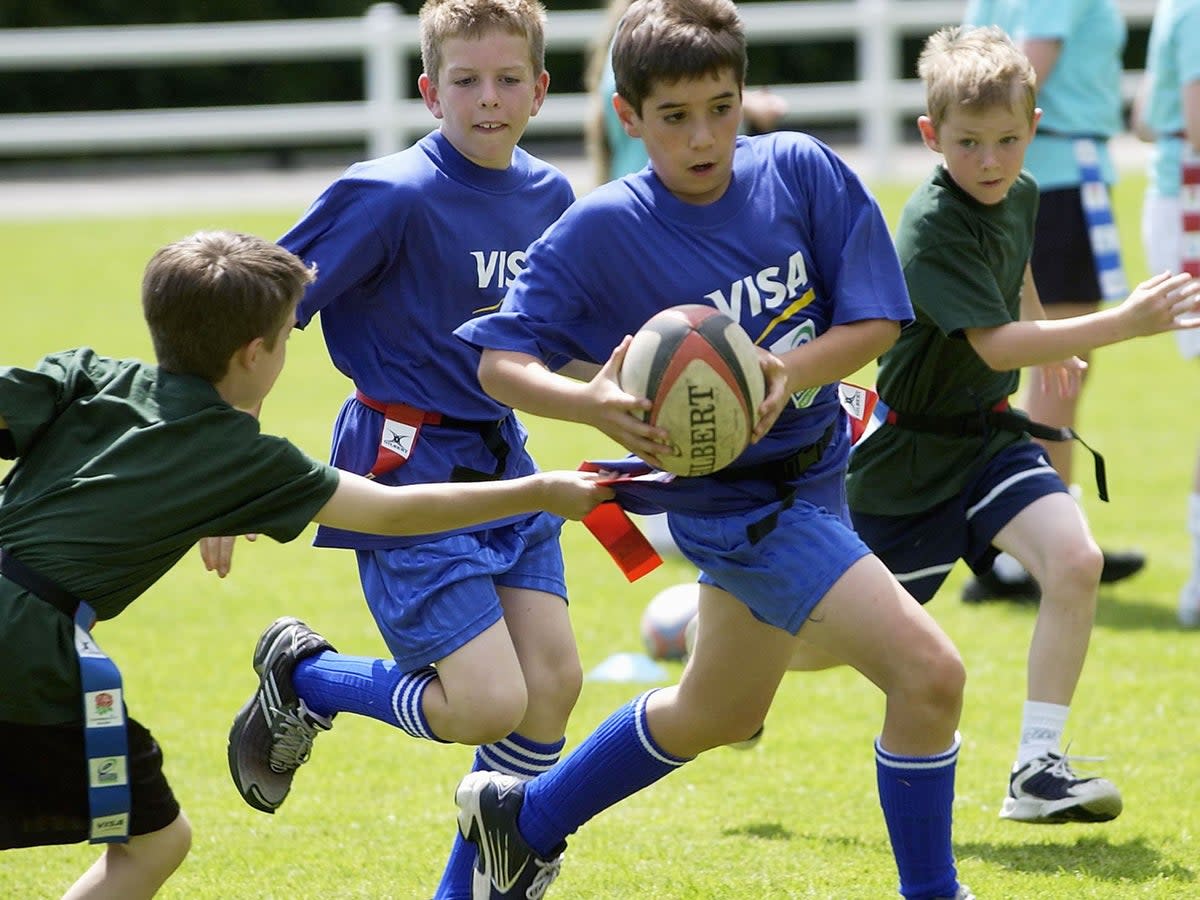Rugby is a form of child abuse, claims new study

Academics have claimed children’s rugby could be a form of abuse due to the risk of serious injury.
Researchers from the universities of Winchester, Nottingham Trent and Bournemouth have argued the risk of major injury goes against child abuse laws, according to the Telegraph.
Children and their parents cannot legally give informed consent to take part in high-risk sports, they argued.
They also claim sporting bodies have persuaded families to accept brain injuries are a side effect of competing.
Sports, Ethics & Philosophy: Journal of the British Philosophy of Sport Association are set to publish the paper that differentiates sports that cause physical impact and those that may lead to accidental injuries. The publication has been seen by the Times.
The paper reveals “knocks to the head” can lead to dementia or Parkinson’s and children who started playing younger are more likely to risk brain trauma in comparison to those who start played at an older age.
Eric Anderson, a professor of sport at the University of Winchester who led the study, told the Times: “Sports for children should not intentionally harm their brains. They should focus on fun, health and social development rather than conditioning them to play elite-level sport.
“These collisions cause cognitive harm and increase the risk of neurodegenerative diseases and dementia; they are therefore abusive to a child’s brain. Cultural perception is that striking a child outside sport is abuse but striking a child in sport is somehow socially acceptable. We are trying to change that. It doesn’t matter what the social context is, the brain is damaged in both.”
The Rugby Football Union (RFU) responded to the claims and said player safety and welfare was its top priority.
It said: “The RFU and England Rugby Football Schools’ Union work closely to support teachers and coaches with guidance and resources, especially around players’ safety and welfare.
“Rugby for young people at schools or clubs in England exists in different forms — contact, reduced contact and non-contact. Rugby has established and been at the forefront of concussion and injury surveillance, education and law changes using evidence to proactively manage player welfare.
“Playing rugby provides significant physical and mental-health benefits along with life skills gained from playing a team sport which has strong values. Against a backdrop of decreased physical activity and a global obesity epidemic in children, we believe rugby has a role to play in keeping people active, healthy and engaged.”

 Yahoo News
Yahoo News 
